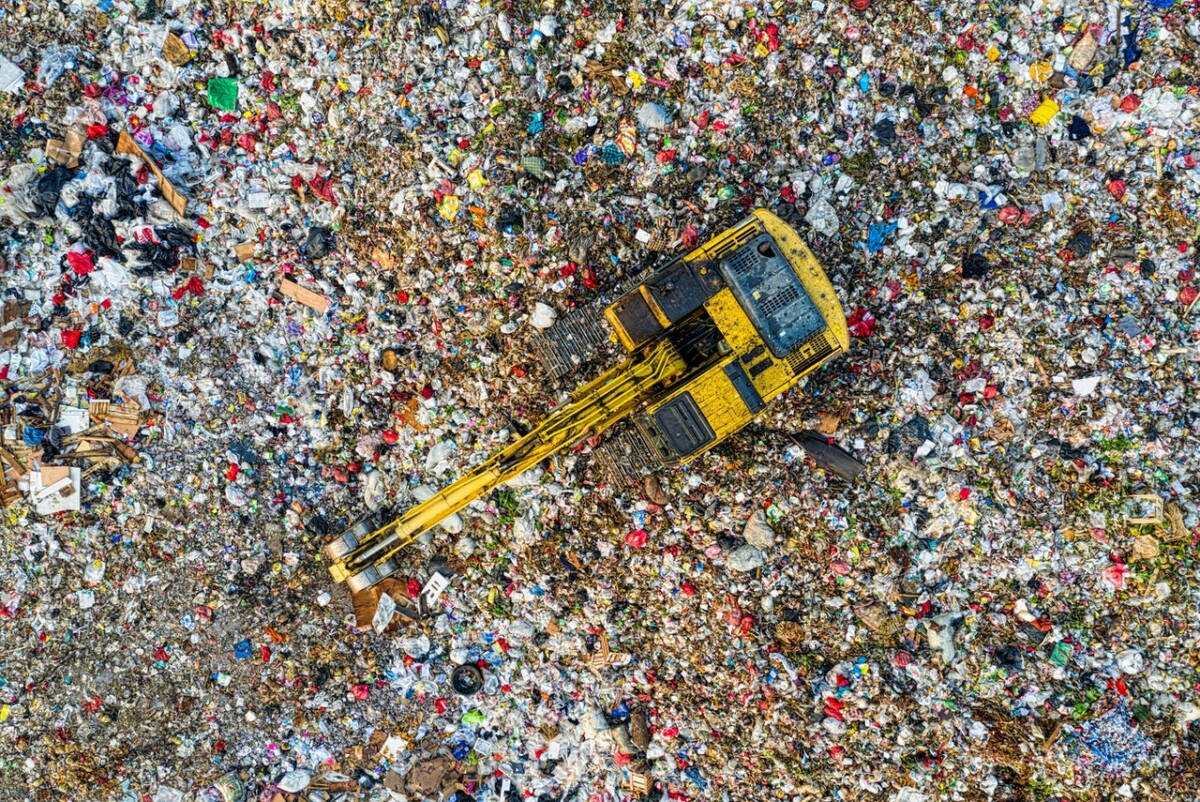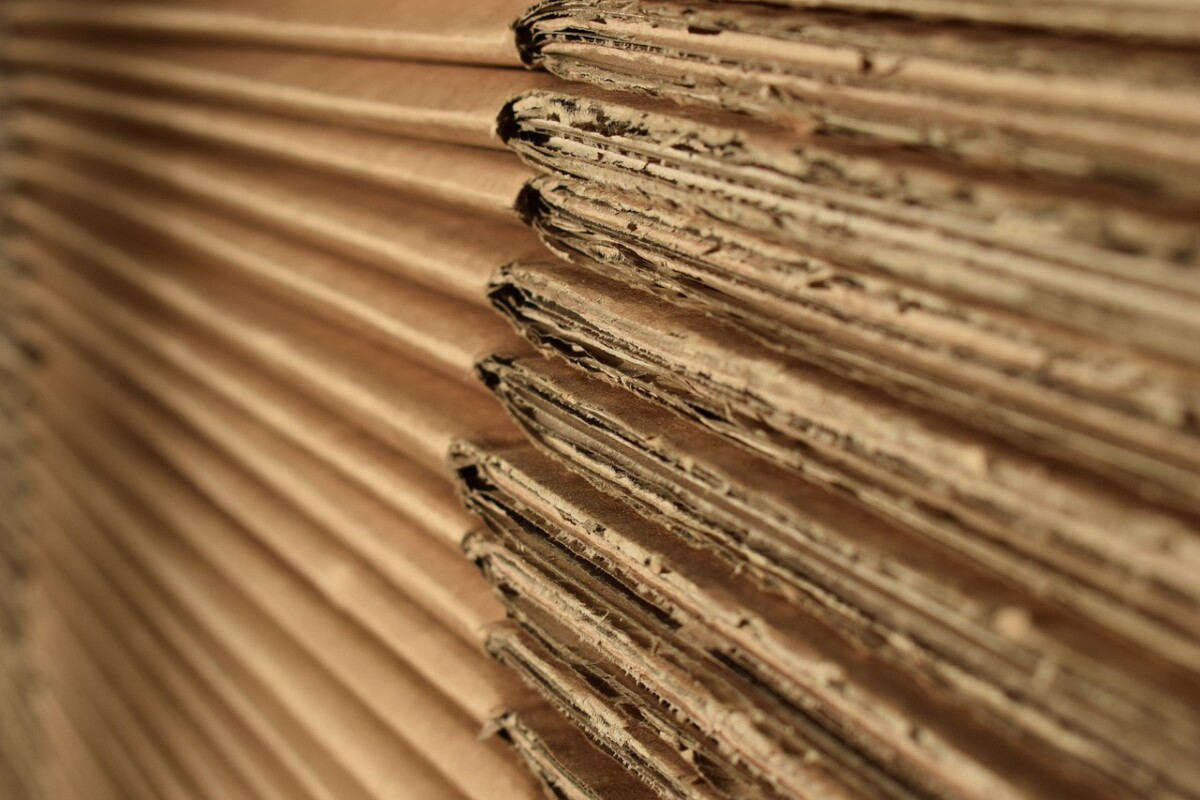Caudwell Charity Says 'Don't Bin It, Bag It'
The Caudwell Charity has launched a national recycling campaign – ‘Don’t Bin It, Bag It’ – aimed at raising a minimum of £25,000. Supporters are being urged to recycle unused mobile phones, and empty printer cartridges instead of throwing them away – reducing waste at the same time as raising money to help children with special needs.
The new campaign means that anyone can support the Caudwell charity at no cost to themselves, and do their own bit for the environment at the same time. Caudwell will raise money on every mobile and printer cartridge that can be recycled.
“This is a great campaign,” says Caudwell Charity CEO Trudi Ince. “It doesn’t cost anything, and people can donate to the Caudwell Charity just by recycling their old mobiles and inkjet cartridges”. At the official launch of the campaign recently, Trudi welcomed both Lillianna Brassington, one of the children helped by the charity, and Pat Stead, Chairman of Environmental Business Products (EBP), organisers of the recycling scheme.
Advertisement
Only an estimated 15% of printer cartridges are recycled, and there are millions of unused mobiles in drawers and cupboards around the UK. So there is enormous scope for the charity’s supporters to raise lots of money just by recycling. And it costs nothing – Freepost envelopes are provided for mobiles and inkjet cartridges, and free collection for larger laser toner cartridges – so there really is nothing to stop supporters from getting involved, and making a huge difference to the lives of children with special needs.
To get your Freepost mobiles and printer cartridges envelopes, call 0800 435576, e-mail: ca**********@*********co.uk or visit the website at www.inkagain.co.uk and click on the Caudwell charity link.
– ends –
November 2006
Note to Editors
Caudwell
The Caudwell Charity was registered in March 2000 to make direct donations to individual children in cases of sickness, specialised medical requirements and dying wish holidays and initially gave preference to a “Golden Circle” of 50 miles around Stoke on Trent. In 2004 the Charity went nationwide, resulting in a dramatic increase in the number of applications, which now arrive from all parts of the country from as far afield as Aberdeen, Belfast and Southampton, allowing us to help more and more special children. The Charity also has a link to the NSPCC, by a pledge of half a million pounds, £50,000 each year over 10 years.
Environmental Business Products
London-based EBP created the market for recycling inkjet cartridges. It was probably the first company to work with charities on inkjet and laser cartridge collection programmes. The company now distributes millions of recycling bags a year in addition to other collection media through numerous charity and retail partners. EBP is:-
- The world’s leading remanufacturers of inkjet cartridges
- Operates waste cartridge collection programmes across UK and rest of EU
- Helps raise around £750,000 a year for over 50 charities
- Winner of the Queen’s Award for Enterprise 2004 for International Trade
- Winner of The Sunday Times Virgin Atlantic 2004 Award for Innovation
- Listed in The Sunday Times Virgin Atlantic 2004 Fast Track 100 as one of the UK’s fastest-growing companies
- Selected in The Sunday Times 2004 Tech Track League as one of the UK’s fastest-growing technology companies
For more information on EBP, visit www.inkagain.co.uk, call Pam Fenton tel. 01494 718502, mobile [phone number deleted], or email Pa*******@**pr.biz. For more details about inkjet recycling schemes, call FREEPHONE 0800 435 576
Some interesting key recycling facts and figures:-
- Over 20 million cartridges are thrown away in Europe each month – most of these go into landfill sites.
- A typical inkjet cartridge uses 1½ pints oil – a laser cartridge needs 6 ½ pints.
- The average office printer uses between four and six inkjet cartridges a month, and home users typically use 3 – 5 cartridges a year.
- Gram for gram cartridge ink is more expensive than the finest Dom Perignon or Krug Champagne (Daily Telegraph, 2003).
- Recycling helps conserve fossil fuels and reduces CO2 emissions into the atmosphere – a major cause of global warming.
- Cartridges will take an estimated 1,000 years to decompose in landfill sites
- 65 million inkjet cartridges are sold in UK: only around 15% recycled
- 24 million homes have PCs: 90% have printers, each uses 2 – 3 cartridges a year on average
- People who print a lot of digital photographs, for example, will use more cartridges than average.
- 65 million consumed, 15% recycled, which leaves 55 million
- Epson, at around 22 million, are not suitable for recycling
- Further 30% damaged and unsuitable for refilling
- Consequently around 22 million are waiting to be collected – mainly from large corporates but also from home computer users – and with the increase in computer use, cartridge consumption is also increasing by over 20% a year.
Remanufacturing a cartridge is more environment-friendly than producing a new one. That clear conclusion was drawn in a January 2002 study by students from the University of Kalmar, Sweden. They put together a full life cycle assessment (LCA), measuring the total environmental impact of re-use as compared to producing a new cartridge. Contact ETIRA (www.etira.org) for full details on the study.







